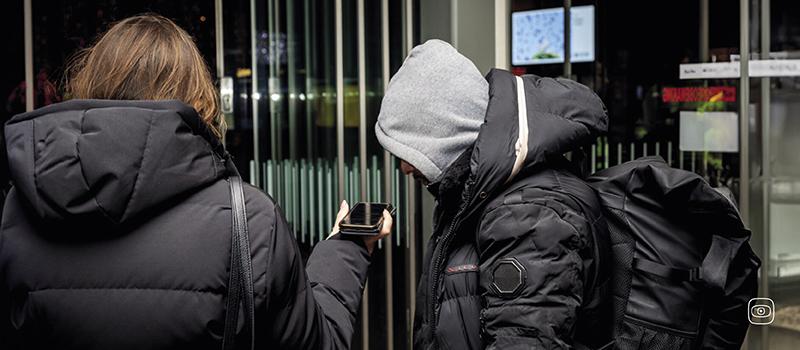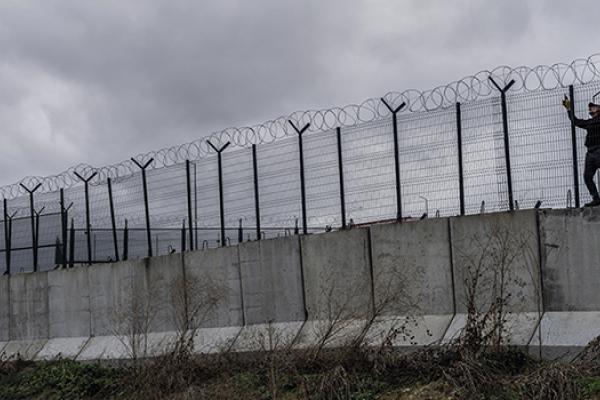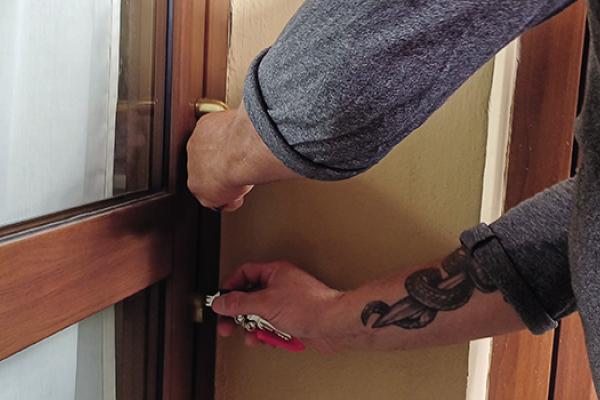The policy is controversial. Some NGOs and experts argue that it shifts responsibility for the homeless out of the Netherlands, while others see it as an opportunity for migrants to be reintegrated into their home countries. Another point of contention is the policy’s effectiveness, given that many migrants return straight after deportation due to the EU's open borders.
The team of journalists first encountered this issue while interviewing a homeless Pole in Rotterdam. Despite the EU's open borders policy, they decided to investigate the legal basis of this issue and analyse its effectiveness, given that people can return immediately.
To investigate this issue, the journalists spoke to migration lawyers and the relevant authorities in the Netherlands, Poland and Romania. They also consulted with experts and foundations that support the homeless, including Regenboog, Pauluskerk, Ontmoeting and Barka. Regenboog, Pauluskerk, Ontmoeting and Barka. The journalists accompanied the authorities on their monthly check-up rounds of Rotterdam, visited homeless shelters in the Netherlands and rehabilitation centres in Poland and Romania, and interviewed over 30 homeless people, including five who had been deported. They also reviewed three deportation notices.
Key Findings
- The number of Poles deported doubled between 2020 and 2024, rising from 156 to 356. The number of Romanians deported also increased significantly, with 100 Romanians being deported in 2024 compared to 60 in 2020.
- Several reports for 'causing a nuisance' can trigger an investigation by the Dutch Immigration and Naturalisation Service (IND) into whether someone has the means to support themselves in the host country, as required by EU law.
- Although deportations do not solve the problem of homelessness, according to Dutch officials, they help to 'keep the nuisance under control'.
- Experts point out that the Dutch state's role in causing homelessness among EU migrants is often overlooked. Most migrants come to the Netherlands to work through temporary employment agencies, which are all too often abusive.
- There is no known reintegration policy in place in the home country following deportation, and there is no collaboration at a national level.
- Upon deportation, migrants can return to the Netherlands due to the open borders policy. They remain on the streets illegally until the next check by the authorities. Some people have been deported over twenty times.
- Since December 2024, the Dutch Ministry of Justice has financed the Polish NGO Barka Foundation to provide comprehensive rehabilitation services to those deported in Poland and Romania. The hope is that those deported will not return to the Netherlands.
On the right: Photograph by Camiel Mudde Photography for Vers Beton.






